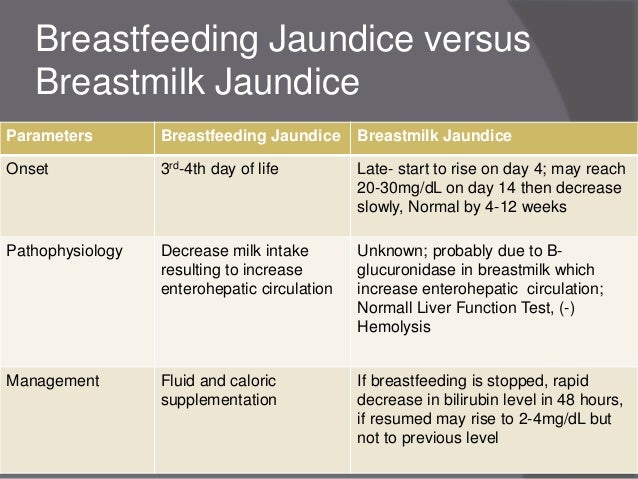Pulmonary function test
Reference: "Overview of pulmonary function testing in adults"(2016) Meredith C McCormack, MD, MHS, retrieved from UpToDate
Q: PFT主要的內容?
A: spirometry(before and 10 to 15 minutes after a bronchodilator, Albuterol 90 to 100 mcg #4 IH?), lung volume examination
DLCO, maximal respiratory pressures, flow-volume loops,
submaximal exercise testing, and bronchoprovocation challenge
Q: PFT注意事項?
A: 若平常都用inhalor BID,則PFT四小時前開始不可用SABA、十二小時前開始不可用LABA、二十四小時前開始不可用LAMA。
Q: Spirometry 是測什麼?
A: (白話)測量深吸氣後大力、完整吐氣時,每個時間點的呼氣量。
 |
| ↑ from wikipedia |
Q: FVC減少、呼吸道阻塞時怎麼測?
A: 可以改測SVC(Slow exhalation),但是如果是restrictive lung則兩者的結果一樣爛。
Q: Spirometry的判讀流程?
A: 先看 FEV1/FVC, 再看DLCO。結果大致分三大種:較確定obstructive type的COPD、變異性較大的asthma、restrictive type的ILD/neuromuscular problem。
 |
| ↑from UpToDate |
Q: Flow-volume loop的鑑別診斷用途?
A: 當聽到stridor的時候使用,能幫助辨別airway obstruction的部位。
 |
| from UpToDate |
Here are some notes from the website listed above:
- For obstructive pattern, the severity depends on...
| FEV1 > 80% predicted: mild obstruction |
| 50% < FEV1 < 80% predicted: moderate obstruction |
| 30% < FEV1 < 50% predicted: severe obstruction |
| FEV1 < 30% predicted: very severe obstruction
- For decrease DLCO, the severity depends on...
65% predicted < DLCO <80% predicted: Mild
50% < DLCO < 65% predicted: Moderate
DLCO < 50% predicted: Severe |
- For reduced DLCO, the meaning is...
- obstructive--> emphysematous, reduced surface area for gas exchange.
- normal spirometry and lung volumes-->anemia, pulmonary hypertension, heart problem
- restrictive -->idiopathic pulmonary fibrosis
- Not equalled to hypoxemia!
Mind: diffuse alveolar hemorrhage的病人DLCO可能不降反升!
- For restrictive pattern, the severity depends on...
65% < TLC < 80% predicted: mild restriction
50% < TLC < 65% predicted: moderate restriction
TLC < 50% predicted: severe restriction
- Characteristics of idiopathic pulmonary fibrosis
septal thickening
traction bronchiectasis
more prominent in the periphery of the lungs (sub-pleural regions)
- For mixed obstructive+ restrictive pattern, the severity depends on...
FEV1 > 80% predicted: mild
50% < FEV1 < 80% predicted: moderate
30% < FEV1 < 50% predicted: severe
FEV1 < 30% predicted: very severe








